What is Heart of the Underdog
Heart of the Underdog tournaments require all Duelists to build a Deck using a Deck Type that is not prominent in the current metagame. The final determination on whether a deck type is allowed is up to the OTS, so be sure to contact your OTS before starting to build your Heart of the Underdog deck!
In short, it's a format that the most played decks in the metagame are not allowed. And these banned decks can be decided at the discretion of the store judges.
About Heart of the Underdog
Known as the "for fun format", Heart of the Underdog is probably the most played alternate format of the Yu-Gi-Oh! TCG, and perhaps even more popular than the conventional Advanced format, as most people play it as a casual format. To attract this audience to official tournaments, Konami chose to make it official in a short announcement.
Since then, OTS has been authorized to organize Heart of the Underdog events.

Since Heart of the Underdog doesn't have an official banlist, it is up to the OTS itself to stipulate the decks that will be banned from the event. Most times, Advanced format tier 1 decks are banned from the Heart of the Underdog tournament, but there are also those where tier 2 and even top rogues are also banned for certain events.
The format's objectives
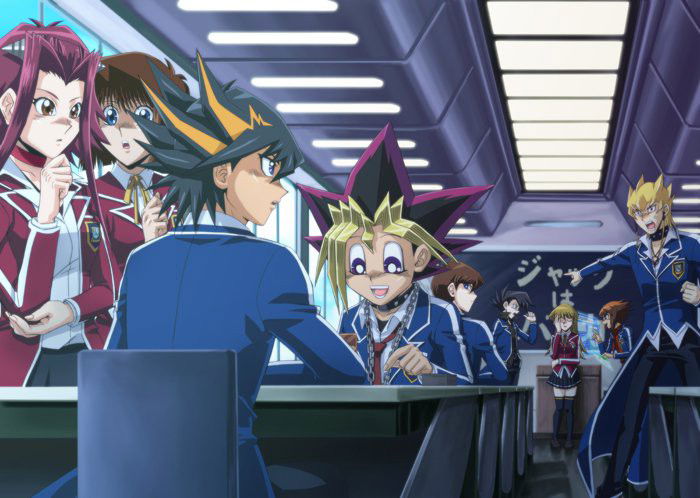
If you ask Heart of the Underdog players what their main objective is when playing the format, they'll all answer that it's fun - in fact, that's precisely why it's known as "for fun". But wouldn't all formats be fun for those who play them? Following this reasoning, Heart of the Underdog needs arguments to justify it as more fun than the others.
For many, the format is more fun because it is more financially accessible, since, once the expensive meta decks are banned, all duelists will be able to compete with less popular decks in competitive events, allowing for a more casual tournament, where all participants have a good chance of winning!
In addition, the format encourages the creativity of players, who are “obliged” to find unusual ways to deal with interactions between less conventional cards, since Heart of the Underdog usually has a wide variety of decks.
Another point that I consider the most important is that Heart of the Underdog can serve as a way to introduce new players to the game, taking advantage of the fact that it is a format with a low-power ceiling, and that it is possible to have good results using decks with reasonable prices.
Heart of the Underdog banlist suggestions
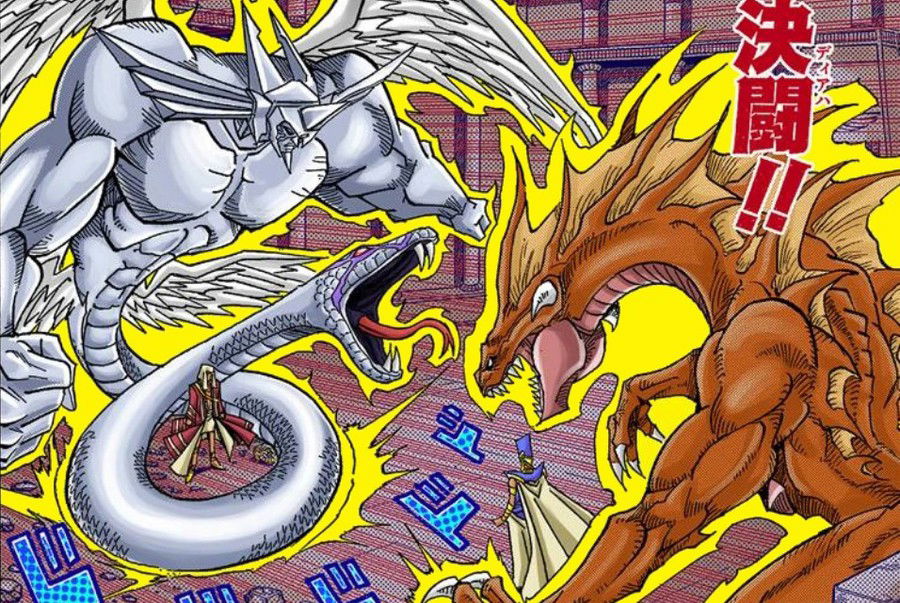
The Heart of the Underdog banlist tends to be a bit controversial, since it is the sole responsibility of the tournament organizer, and each player wants to give their opinion about it. The main discussion revolves around which decks will be banned from the event, and many players end up feeling personally hurt by seeing their deck on the list.
What's more, it's also common to see the debate extend to banning generic cards rather than just archetypes, and hand traps are often mentioned as cards to be banned from the event.
Particularly, I consider this to be a mistake, since without hand traps, the player who starts the duel will most likely win, since they had the opportunity to combo without suffering any interaction. Also, hand traps are an essential feature in Yu-Gi-Oh!, and keeping these cards helps new players learn how to use them, as well as how to play around them.
Another point in favor of hand traps is that, today, most of them have a low price, due to recent reprints. Therefore, I believe it would be interesting to keep at least the “budget” hand traps out of your local banlist.
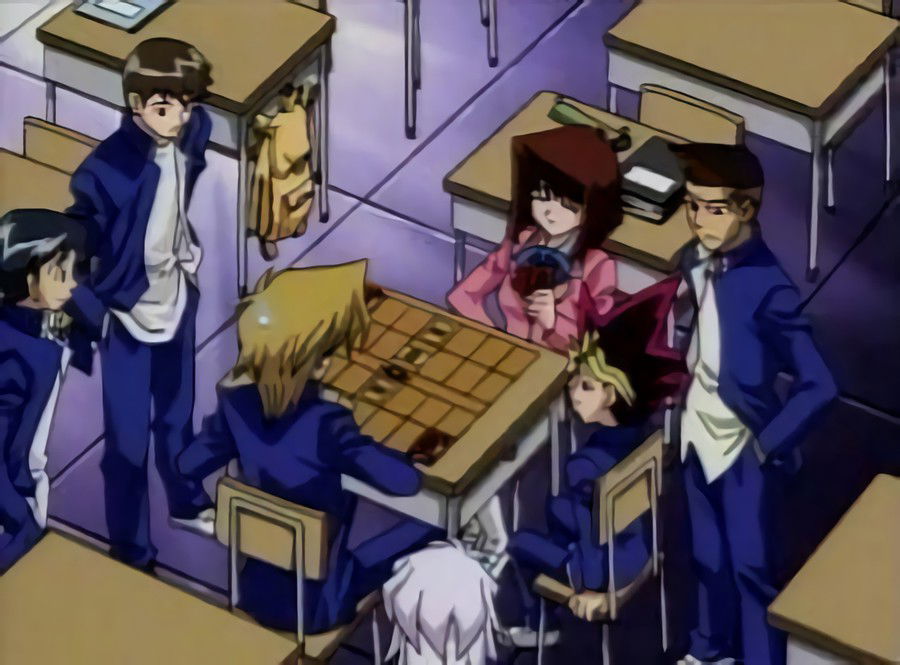
So, my suggested banlist for Heart of the Underdog would currently be:
Tier 1 Decks
Kashtira;
Spright (Melffy, Adventure, Live Twin, Runick);
Naturia Runick;
Labrynth;
Branded Despia.
Tier 2 Decks
Mathmech;
Rikka Sunavalon;
Swordsoul.
Forbidden and Limited List as of February 13, 2023
Forbidden
Effect Monsters
Archnemeses Protos;
Artifact Scythe;
Barrier Statue of the Stormwinds;
Blackwing – Gofu the Vague Shadow;
Blaster, Dragon Ruler of Infernos;
Block Dragon;
Dandylion;
Djinn Releaser of Rituals;
Eclipse Wyvern;
Eva;
Fairy Tail – Snow;
Fiber Jar;
Fishborg Blaster;
Glow-Up Bulb;
Grinder Golem;
Level Eater;
Magical Scientist;
Majespecter Unicorn – Kirin;
Master Peace, the True Dracoslaying King;
Maxx “C”;
Mind Master;
Orcust Harp Horror;
Performage Plushfire;
Phoenixian Cluster Amaryllis;
Redox, Dragon Ruler of Boulders;
Ronintoadin;
Samsara Lotus;
SPYRAL Master Plan;
The Tyrant Neptune;
Tidal, Dragon Ruler of Waterfalls;
Victory Dragon.
Fusion Monsters
Elder Entity Norden;
Supreme King Dragon Starving Venom;
Tearlaments Kitkallos;
Thunder Dragon Colossus.
Link Monsters
Crystron Halqifibrax;
Curious, the Lightsworn Dominion;
Guardragon Agarpain;
Guardragon Elpy;
Heavymetalfoes Electrumite;
Knightmare Goblin;
Knightmare Mermaid;
Linkross;
Mecha Phantom Beast Auroradon;
Prank-Kids Meow-Meow-Mu;
Predaplant Verte Anaconda;
Simorgh, Bird of Sovereignty;
Spright Elf;
Summon Sorceress;
Topologic Gumblar Dragon;
Union Carrier.
Synchro Monsters
Chaos Ruler, the Chaotic Magical Dragon;
Denglong, First of the Yang Zing;
Ib the World Chalice Justiciar;
Tempest Magician.
XYZ Monsters
Lavalval Chain;
M-X-Saber Invoker;
Number 16: Shock Master;
Number 42: Galaxy Tomahawk;
Number S0: Utopic ZEXAL;
Number 86: Heroic Champion – Rhongomyniad;
Number 95: Galaxy-Eyes Dark Matter Dragon;
Outer Entity Azathot;
Tellarknight Ptolemaeus;
True King of All Calamities;
Wind-Up Carrier Zenmaity;
Zoodiac Broadbull;
Zoodiac Drident.
Spell Cards
Brilliant Fusion;
Butterfly Dagger – Elma;
Card of Safe Return;
Chicken Game;
Cold Wave;
Confiscation;
Delinquent Duo;
Dimension Fusion;
Giant Trunade;
Graceful Charity;
Heavy Storm;
Kaiser Colosseum;
Last Will;
Mass Driver;
Metamorphosis;
Mirage of Nightmare;
Mystic Mine;
Painful Choice;
Pot of Greed;
Premature Burial;
Smoke Grenade of the Thief;
Snatch Steal;
Soul Charge;
That Grass Looks Greener;
The Forceful Sentry;
Zoodiac Barrage.
Trap Cards
Imperial Order;
Last Turn;
Red Reboot;
Return from the Different Dimension;
Royal Oppression;
Self-Destruct Button;
Sixth Sense;
Trap Dustshoot;
Ultimate Offering;
Vanity’s Emptiness.
Limited
Normal Monsters
Left Arm of the Forbidden One;
Left Leg of the Forbidden One;
Right Arm of the Forbidden One;
Right Leg of the Forbidden One.
Effect Monsters
Agido the Ancient Sentinel;
Armageddon Knight;
Astrograph Sorcerer;
Black Dragon Collapserpent;
Blackwing – Steam the Cloak;
Cyber Jar;
Cyber-Stein;
Danger!? Jackalope?;
Danger! Nessie!;
Danger!? Tsuchinoko?;
Dark Grepher;
Dinowrestler Pankratops;
Double Iris Magician;
Exodia the Forbidden One;
Genex Ally Birdman;
Herald of Orange Light;
Infernity Archfiend;
Kelbek the Ancient Vanguard;
Keldo the Sacred Protector;
Lunalight Tiger;
Miscellaneousaurus;
Morphing Jar;
Mudora the Sword Oracle;
Performapal Monkeyboard;
Phantom Skyblaster;
Red Rose Dragon;
Salamangreat Gazelle;
Speedroid Terrortop;
SPYRAL Quik-Fix;
Substitoad;
Tearlaments Havnis;
Tearlaments Merli;
Tearlaments Scheiren;
Tempest, Dragon Ruler of Storms;
White Dragon Wyverburster;
Zoodiac Ratpier.
Fusion Monsters
Gem-Knight Master Diamond.
Monstros Link
Striker Dragon.
Synchro Monsters
Ancient Fairy Dragon;
PSY-Framelord Omega;
T.G. Hyper Librarian.
XYZ Monsters
Beatrice, Lady of the Eternal;
Daigusto Emeral;
Lyrilusc – Recital Starling.
Spell Cards
Called by the Grave;
Card Destruction;
Card of Demise;
Chain Strike;
Change of Heart;
Dimensional Fissure;
Divine Wind of Mist Valler;
Drago Face-Off;
Dragonic Diagram;
Emergency Teleport;
Final Countdown;
Foolish Burial;
Gateway of the Six;
Gold Sarcophagus;
Harpie’s Feather Duster;
Infernity Launcher;
Instant Fusion;
Into the Void;
Magical Mid-Breaker Field;
Mind Control;
Monster GateMonster Reborn;
One Day of Peace;
One for One;
Reasoning;
Reinforcement of the Army;
Sekka’s Light;
Set Rotation;
Sky Striker Mecha – Hornet Drones;
Sky Striker Mecha Modules – Multirole;
Sky Striker Mobilize – Engage!;
Slash Draw;
Spellbook of Judgment;
Terraforming;
Upstart Goblin.
Trap Cards
Appointer of the Red Lotus;
Macro Cosmos;
Magical Explosion;
Metaverse;
Time Seal.
Semi-limited
Effect Monsters
Destiny HERO – Malicious.
Spell Cards
Pot of Desires.
An event that follows the banlist format proposed above would have rogues from the current Advanced format as the best decks. However, the Heart of the Underdog Metagame can change a lot from place to place, due to the high number of decks with close power and the different banlists of each event.
In addition, the variety of decks is so great that it is rare for any deck to have a significant representation in a tournament, however, if that happens, it is common for organizers to place these decks on the banlist of the next event, since the format is constantly changing to avoid a predefined Metagame.
If the organizer wants an even more casual tournament than a rogues' showdown, just add to the banlist the main rogues that usually attend their events, to encourage players to use only the decks below the rogue, better known as “casual decks”.
Decks to play Heart of the Underdog in Yu-Gi-Oh! TCG
Since it is quite diverse and without a predefined meta, it is possible to play the format with practically any functional deck in the game, as long as you know how to pilot it well.
Here are some decks you can use in Heart of the Underdog:
Crusady
Crusadia is an Link Monsters archetype, and is related to the “World Legacy” archetype.
Your Main Deck monsters are not Linked by Type or Attribute, but share the effect of Special Summoning themselves from the hand to a zone a Link monster points to. Extra Deck monsters gain ATK equal to the original ATK of all monsters they are pointing at, but prevent those monsters from attacking.


The deck's strategy is simple: play second and break the opponent's field to achieve an OTK with Crusadia Equimax with the maximum possible ATK. As a result, the Crusadia have a lot of synergy with the Kaiju, since while they remove the opponent's monsters, they can be positioned to increase the ATK of their "Equimax".

Evil Eye
Evil Eye is an archetype of demon-type monsters, which are divided between humanoid-looking beings and mythological creatures.


The deck's strategy revolves around the archetype's Equip Spells, which grant effects and ATK boosts to your main monsters when equipped, but all in exchange for your own Life Points!

Gouki
Gouki is an archetype of warrior-type monster used by the character Go Onizuka in the anime Yu-Gi-Oh! VRAINS. The Gouki monsters are based on wrestling athletes, in addition, the main deck monsters are based on animals, and the extra deck are based on ogres.

The deck's strategy is aggressive and straightforward, using effects to increase your ATK's and/or decrease your opponent's. However, the deck's greatest strength lies in its ability to swarm the field with its Special Summons to access powerful generic monsters from the extra deck.

Rescue-Ace
Rescue-Ace is a fire-attribute archetype, with warrior and machine-type monsters based on firefighters. Its name is based on the “RACE” safety procedure, referenced in the cards: RESCUE!; ALERT!; CONTAIN! and EXTINGUISH!.

The deck's strategy is based on controlling the game through its quick spells and normal traps, which have basic support and interrupt effects, which are improved while you control Rescue-ACE Hydrant and keep the field spell Rescue-ACE HQ active.

Timelord
Timelord is an archetype of Level 10 Fairy-type monsters and is inspired by the 10 attributes or emanations of the Tree of Life, the mystical symbol used in Kabbalah known as the Sefirot. Its appearance depicts metal armor with an angel's face on its chest.

The deck's strategy has an "anti-meta" style because it doesn't depend on special summons and is focused on controlling the game while your monsters take resources from the opponent, protecting themselves from destruction and battle damage. Also, some Timelord monsters have burn effects, and this is usually the deck's main win condition.
Conclusion
What do you think of Heart of the Underdog? Tell here in the comments.
For more information about the Yu-Gi-Oh! TCG keep following our articles, Cards Realm appreciates your collaboration!

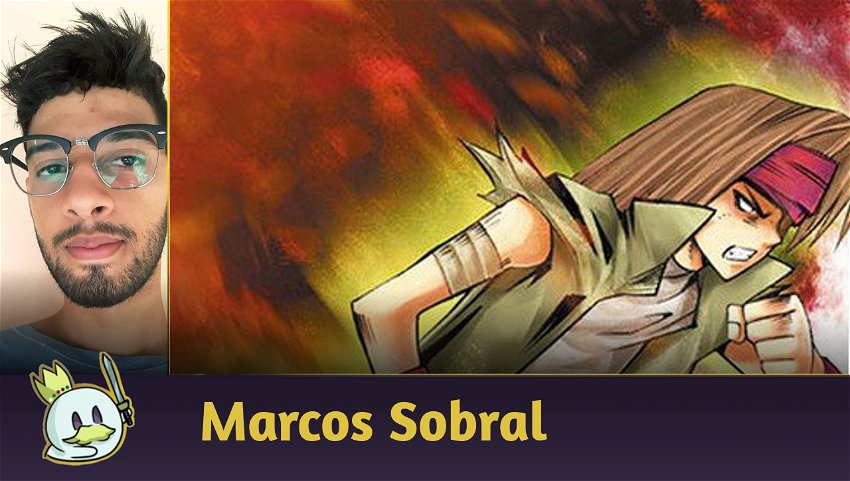







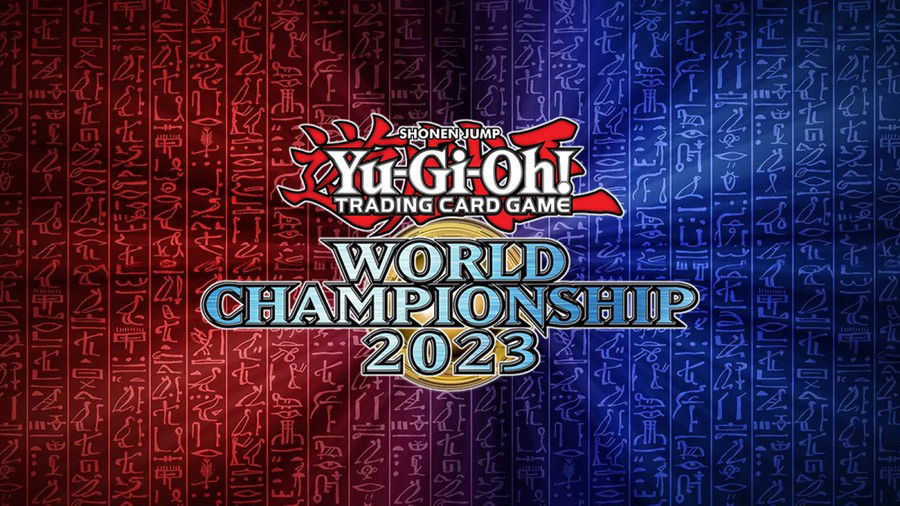
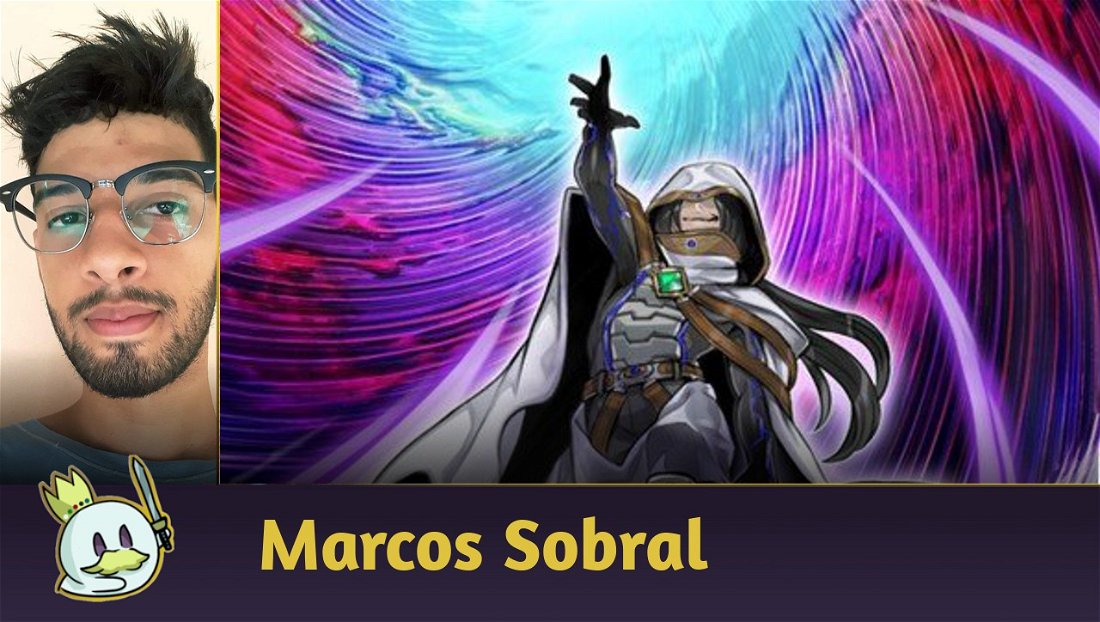



— Comentarios 0
, Reacciones 1
Se el primero en comentar